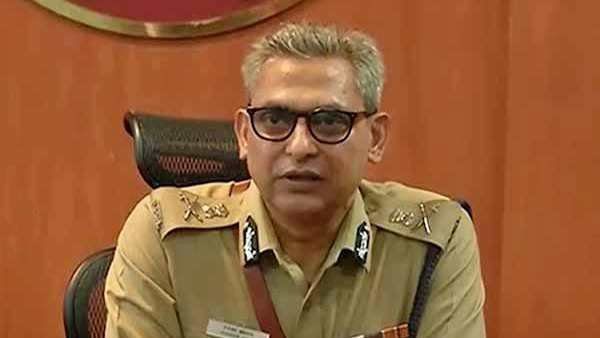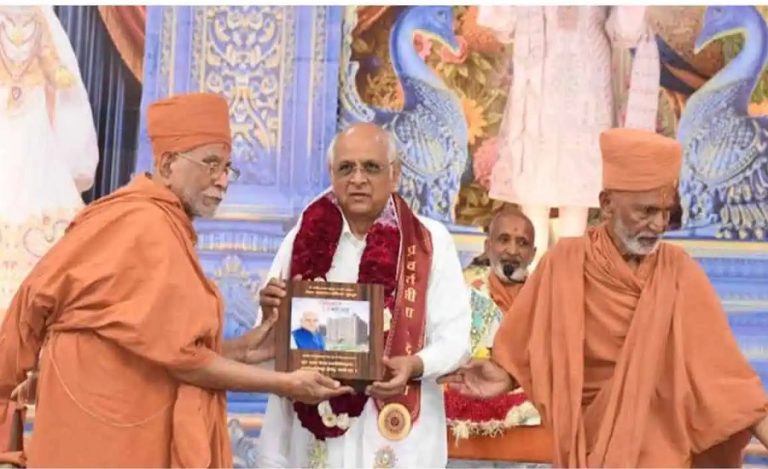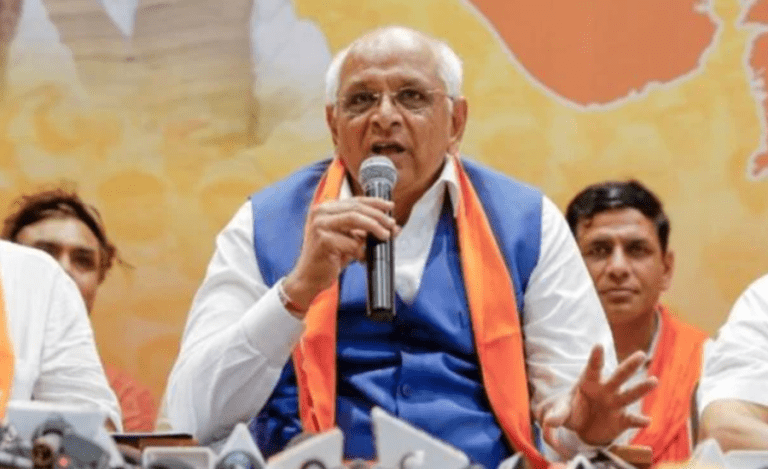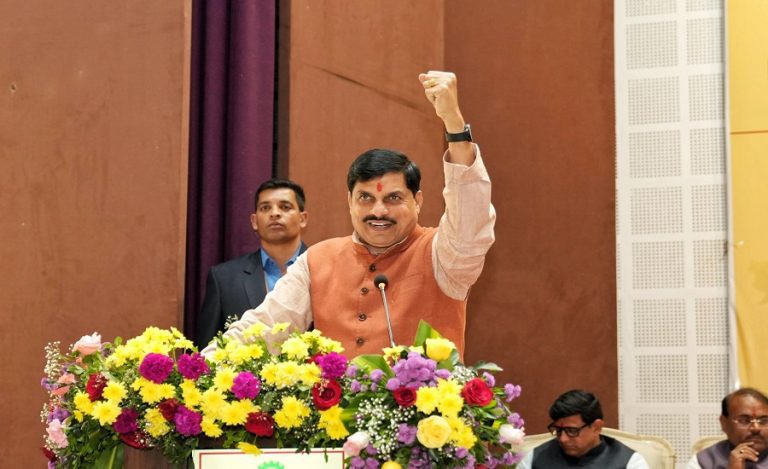In a pioneering move, Mr. Shankar Jiwal (1990-batch IPS officer), the DGP-cum-Head of the Police Force (DGP/HoPF) in Tamil Nadu, instructed his subordinates to intricately scrutinise whether the accused people obtaining bail were holistically complying with their bail conditions or not. Mr. Jiwal instructed all unit officers to get their bails cancelled if they violated any condition.
The issue arose after Public Prosecutor Hasan Mohamed Jinnah wrote to the DGP pressing on the need for follow-up action after an accused obtains bail, and to ensure that the liberty granted to him gets revoked if he indulges in other offences, tampers with evidence or threatens the witnesses.
The circular issued by the DGP pointed out that Section 437(3) of the Code of Criminal Procedure (Cr.P.C.) prescribes certain mandatory conditions to be imposed by the courts while granting bail to accused persons who had been booked for offences punishable with imprisonment for seven years or more. Those conditions categorically mention that the accused should not partake in similar offences, not induce or threaten any person connected with the case or tamper with evidence.
The provision had been retained as Section 480(3) even in the Bharatiya Nagarik Suraksha Sanhita, 2023, proposed to replace the Cr.P.C. shortly. In the landmark “P.K. Shaji vs. the State of Kerala Case,” the Supreme Court had made it clear that even Judicial Magistrates were not entitled to cancel the bail granted by the High Courts and Sessions Court.

































